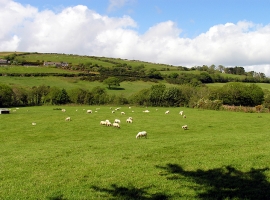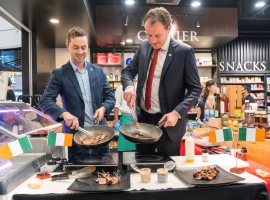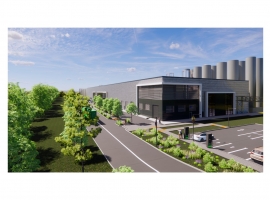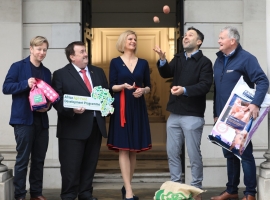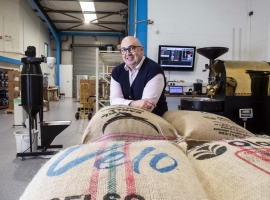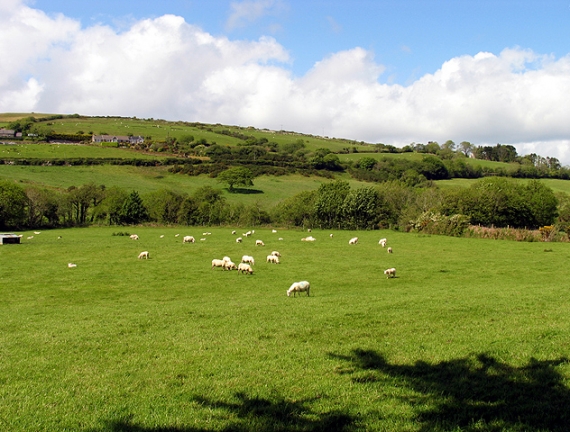
The latest Bank of Ireland Agri Pulse painted a subdued picture in April 2020 as the COVID-19 pandemic imparted a huge shock to the economy.
Even though farming has been classed as an essential business, reduced demand from overseas customers and the closure of the food service industry globally and at home is taking a toll on the sector.
The Bank of Ireland Agri Pulse provides an insight into what is happening in the sector, the issues and the trends. It questioned 250 farmers in Ireland for their views on a wide range of topics including farm output, input costs, market prices, their investment plans and business ambitions.
Those involved in the cattle and sheep trade were especially downbeat amid volatile prices in these sectors and COVID-19-related disruption to marts and livestock markets, while land and labour shortages were among the factors hampering dairy and tillage production.
Looking ahead, 18% of those surveyed said that they expect to increase farm output in the next 12 months but with three in ten signalling a reduction, the balance of positive and negative responses remained in the red.
Excluding labour but including the likes of feed, fertiliser, fuel, veterinary and land rental, 42% of farmers indicated that input costs have risen in the past year. This is a reduction from 67% in the August 2019 survey and contributed to a slightly less negative assessment of farm profitability over the past 12 months. The outlook for market prices was decidedly muted however, with three in four expecting the prices they receive to fall in the next year.
On the investment front, the share expecting to increase farm spending in the next 12 months was unchanged in April at 18%. Tillage farmers were more positive in their investment outlook than recorded previously, while dairy farmers were somewhat less so.
Replacing and maintaining worn-out buildings, equipment & vehicles; purchasing livestock; and investing in new farm buildings, land and equipment & vehicles are all on the radar, with investment for environmental purposes ticking up in the latest survey too.
As for future business intentions, three in ten farmers plan to expand in the next 1 to 3 years, while just over half would prefer to remain the same size. The survey also revealed that 15% are considering scaling down, which is less than the August figure of 23% and is due in part to the reduction in Brexit uncertainty since the beginning of 2020.
Dairy and younger farmers are still shown to be the more ambitious - though tillage is catching up - whereas those likely to call it a day are mostly older and concentrated in cattle and sheep.
Discussing the Bank of Ireland Agri Pulse, Group Chief Economist of Bank of Ireland, Dr. Loretta O’Sullivan said, "The COVID-19 shock is being keenly felt by farmers, with seven in ten reporting a negative impact on their business. The Agri sector has weathered a number of storms in recent years, and the current crisis is yet another challenge for farmers to try and overcome."
She added, "The latest Agri Pulse findings do however reveal some softening in non-labour cost pressures and a growing cohort who thinks more environmentally friendly farming will benefit them, so despite the latest findings being framed in a COVID-19 context there is still cause for cautious optimism in the sector."
Source: www.businessworld.ie


